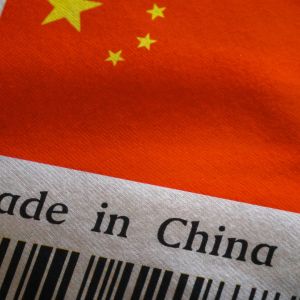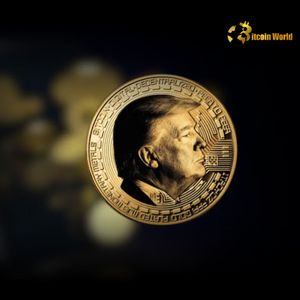Brazil reacts to BYD and Chinese EV makers oversupplying auto market
3 min read
BYD, China’s EV and plug-in hybrid vehicle producer, is offering relatively low-priced options for Brazilian car shoppers. Brazilian auto-industry officials and labor leaders worry that the influx of cars from BYD and other Chinese automakers will set back domestic auto production and hurt jobs. Chinese carmakers flooded the world’s sixth-biggest car market to avoid new tariffs. The world’s largest car-carrying ship, with the equivalent of 20 football fields of electric vehicles, completed its maiden journey late last month to dock in Brazil’s Itajai port in Santa Catarina. In December last year, reports suggested that Brazilian ports were jammed with over 70K unsold Chinese EVs as tariff threats loomed. Companies with global ambitions like BYD and Great Wall Motor made Brazil a “proving ground” as many other large economies turned towards protectionism. Data from Dunne Insights revealed that Chinese EVs were building dominant market shares in Brazil (82%), Thailand (77%), Indonesia (75%), and Mexico (70%). Silva says most of the world is closed to the Chinese, except Brazil Aroaldo da Silva, a Mercedes-Benz production worker and president of IndustriALL Brasil (a confederation of unions across six industrial sectors), said most major economies around the world had closed their doors to the Chinese, but Brazil did not. BYD is reportedly among several Chinese brands targeting growth in Brazil. A Reuters analysis of shipping data and company statements showed that BYD had deployed a growing fleet of cargo ships to accelerate its expansion overseas, with Brazil becoming its top target. The late-May shipment was reportedly the fourth of the Chinese carmaker’s ships to dock in Brazil this year, totaling around 22K vehicles, according to Reuters’ calculations. Brazil’s leading auto association claimed that China-built vehicle imports were expected to grow nearly 40% this year, to about 200K. That would account for roughly 8% of total light-vehicle registrations. “Countries around the world started closing their doors to the Chinese, but Brazil didn’t…China made use of that.” – Aroaldo da Silva , President of IndustriALL Brasil However, Brazilian industry and labor groups said China is taking advantage of Brazil’s temporarily low tariff barriers to ramp up its exports rather than investing to build Brazilian factories and create jobs. They are lobbying Brazil’s government to accelerate a plan to increase Brazil’s tariff on all EV imports by a year to 35% from 10%, rather than gradually phasing in higher levies. Brazil sets policies aimed at growing sales of EVs and plug-in hybrid cars 🇨🇳 China Floods Brazil with EVs — Sparks Backlash 🇧🇷⚡ — BYD ships 22,000+ EVs to Brazil in 2025, leveraging tariff loopholes and outpacing local automakers — 🇧🇷 Domestic automakers & unions warn of job losses, urge faster 35% tariff hike on imports — Brazil’s 10% EV import tax… — AFV GLOBAL (@afvglobal) June 19, 2025 Brazil reportedly offers an enticing EV destination due to its large market, where established players, including Volkswagen, General Motors, and Jeep-maker Stellantis, have been building cars domestically for decades. The Brazilian government has set policies to grow electric and plug-in hybrid car sales, which is BYD’s specialty. For years, Brazilian officials have taken steps to protect the domestic market from unfettered access by Chinese car companies. However, they have been slower to react and less aggressive than officials in other nations. Local officials said in May that the Brazilian government supported BYD’s 2023 plan to purchase a former Ford plant in Bahia, viewing it as a way to create manufacturing jobs and spur the country’s green transition. However, an investigation into labor abuses on the construction site pushed back its “fully functional” production timeline to December 2026. President Lula da Silva’s left-wing Workers Party government is scrambling to protect jobs and the environment to revive Brazil’s industrial economy and restore its green credentials before hosting the COP30 global climate summit this November. However, the Director of Government Relations at GWM Brazil and President of ABVE, Ricardo Bastos, said that although the country had enough mineral resources, including lithium and other key ingredients to make EV batteries, the infrastructure to produce all the necessary components for electric cars did not exist yet. Bastos also mentioned that GWM bought a factory in Brazil in 2021 with a capacity of 50,000 cars a year, and it was due to start producing its Haval H6 SUV there this July. He added that GWM was in talks with around 100 Brazil-based suppliers on setting up contracts. Your crypto news deserves attention – KEY Difference Wire puts you on 250+ top sites

Source: Cryptopolitan



